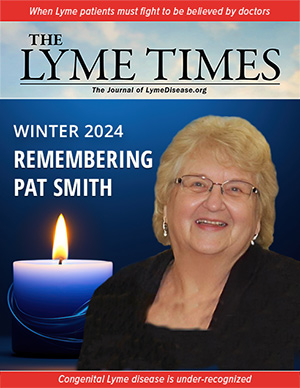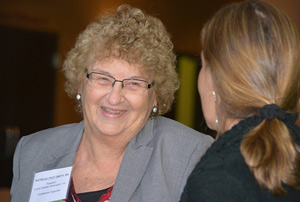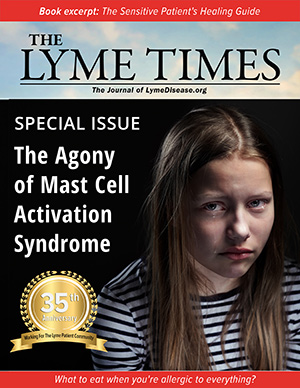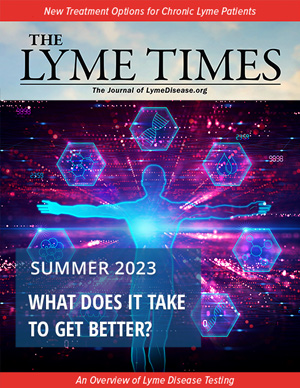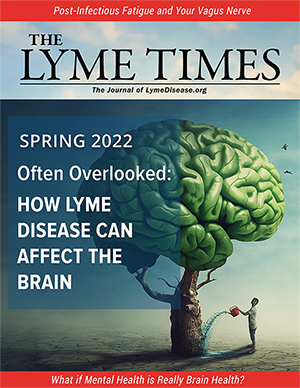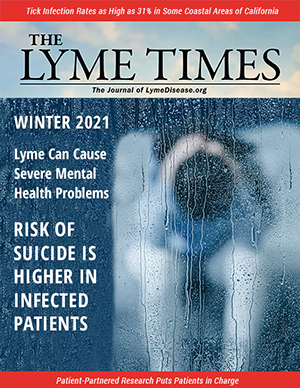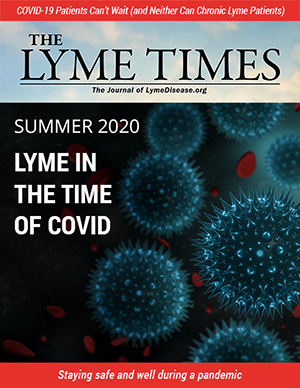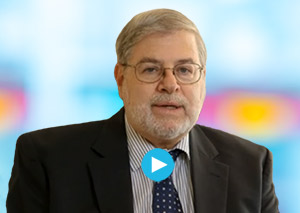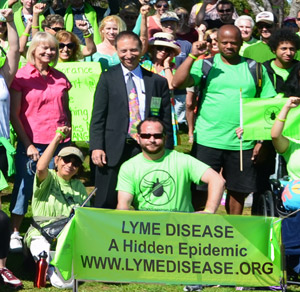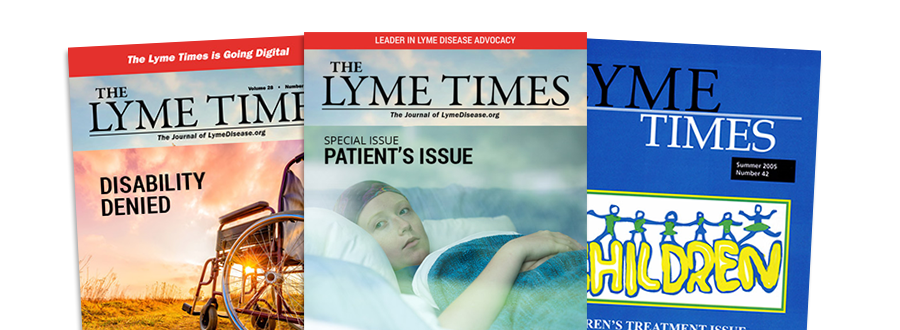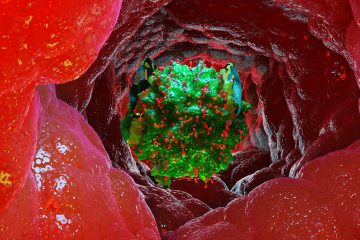T ownsend Letter: the Examiner of Alternative Medicine is a print magazine that’s been around for 37 years. It focuses on alternative medical treatments and the health professionals who practice them. The July 2020 issue puts the spotlight on Lyme disease, mold, and COVID-19.
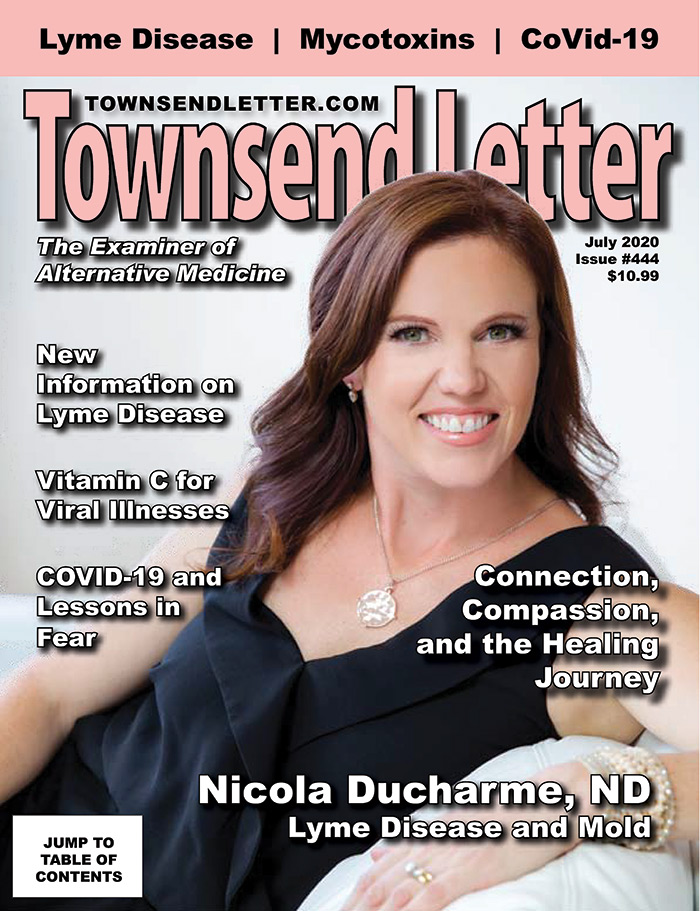 The cover story features Dr. Nicola McFadzean Ducharme, a naturopathic doctor who practices in San Diego, California. Her article, “Untangling the Lyme/Mold Conundrum,” explores commonalities and differences between two conditions that so often overlap.
The cover story features Dr. Nicola McFadzean Ducharme, a naturopathic doctor who practices in San Diego, California. Her article, “Untangling the Lyme/Mold Conundrum,” explores commonalities and differences between two conditions that so often overlap.
As she notes, “A patient comes to my office. They complain of joint pain, headaches, foggy brain, pins and needles in their hands and feet, constipation, abdominal pain, dizziness, and terrible fatigue. Is it Lyme? Could be. Is it mold toxicity? Could be. Is there something else going on? Possibly.”
She then presents her own approach to testing, diagnosis, and treatment. Click here to read this article online.
In a thematically related article, Dr. Jill Carnahan discusses “The Link Between Mold Toxicity and Occult Infections: Functional Medicine Leads the Way.” She says the following body systems are most dramatically impacted by exposure to molds and mycotoxins: the brain, the digestive tract, and the immune system. She writes about the importance of eliminating mold exposure and detoxifying the body. This article can also be read online.
Gestational transmission of Lyme Disease?
……..Join or login below to continue reading.



